
Luigi Antonio Lanzi was an Italian Jesuit priest, known for his writings as an art historian and archaeologist. When he died he was buried in the church of the Santa Croce at Florence by the side of Michelangelo.
Mario Alinei was an Italian linguist and professor emeritus at the University of Utrecht, where he taught from 1959 to 1987. He was founder and editor of Quaderni di semantica, a journal of theoretical and applied semantics. Until 1997, he was president of Atlas Linguarum Europae at UNESCO.
The primary languages of Calabria are the Italian language as well as regional varieties of Extreme Southern Italian and Neapolitan languages, all collectively known as Calabrian. In addition, there are speakers of the Arbëresh variety of Albanian, as well as Calabrian Greek speakers and pockets of Occitan.

Raffaele Viviani was an Italian author, playwright, actor and musician. Viviani belongs to the turn-of-the-century school of realism in Italian literature, and his works touch on seamier elements of the lives of the poor in Naples of that period, such as petty crime and prostitution. Critics have termed Viviani "an autodidact realist", meaning that he acquired his skills through personal experience and not academic education.
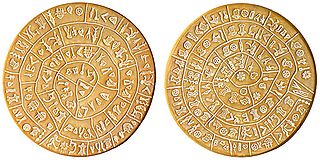
Luigi Pernier was an Italian archaeologist and academic now best known for his discovery of the Disc of Phaistos.
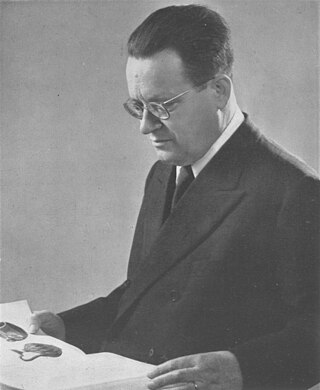
Bruno Migliorini was an Italian linguist and philologist. He was the author of one of the first scientific histories of Italian language and was president of the Accademia della Crusca.

Giacomo Devoto was an Italian historical linguist and one of the greatest exponents of the twentieth century of the discipline. He was born in Genoa and died in Florence.
Luca Serianni was an Italian linguist and philologist.
Lorenzo Renzi, Italian linguist and philologist.

Pietro Trifone, is an Italian linguist.
Maria Luisa Altieri Biagi was an Italian scholar and writer.
Maurizio Trifone is an Italian linguist and lexicographer.

Vincenzo Borghini was an Italian monk, artist, philologist, and art collector of Florence, Italy.

Caterina Franceschi Ferrucci was an Italian writer, poet, patriot, and educator.
Gianfranco Folena was an Italian linguist, philologist, and academic.
Aldo Duro was a Dalmatian Italian linguist and lexicographer. He worked for both the Accademia della Crusca and the Enciclopedia Italiana, of which he was director of the lexicography. Duro was also the director of the Italian Vocabulary.
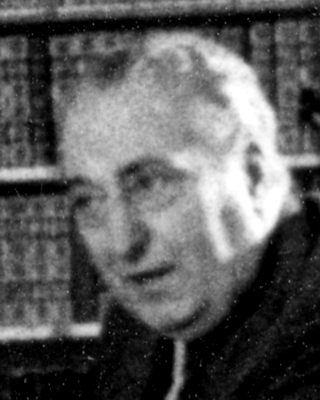
Federico Gentile was an Italian publisher. Gentile is best remembered for founding the publishing company Le Lettere, that he created after many years at the helm of Sansoni, which was acquired by Giovanni Gentile who entrusted it to his son in 1932.
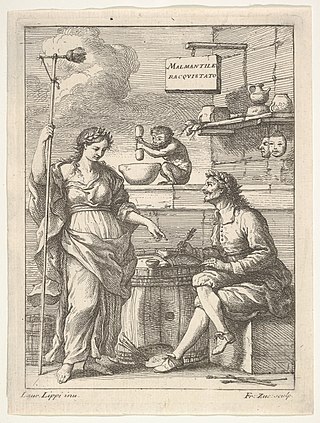
Il Malmantile racquistato is a mock-heroic epic poem by Lorenzo Lippi (1606–65) first published posthumously in 1676.
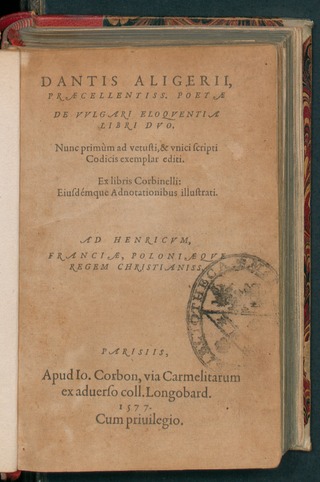
The Questione della lingua was a debate that emerged in late medieval and Renaissance Italy concerning the nature of the linguistic practice to be adopted in the written Italian language. Literary Italian developed in various forms in the 13th and 14th centuries. Unlike English and French, its development did not follow that of a national spoken language, since this emerged only after the Unification of Italy in 1860. Thus writers mostly had to acquire a knowledge of the written language by literary imitation, instead of drawing on their native speech. It was the lack of a national spoken language on which to base the language of literature that gave rise to the protracted and controversial debate about what the standard literary language should be.
Enrico Testa is an Italian poet and professor in Italian Studies at the University of Genova.










